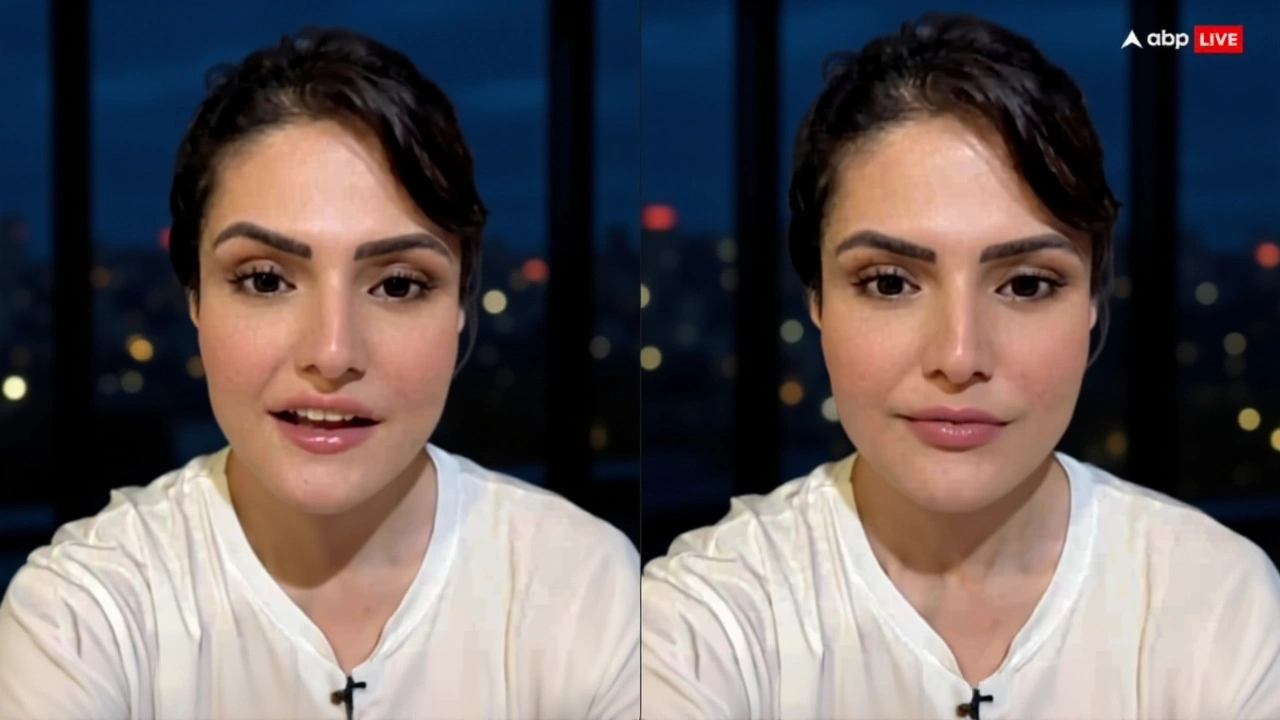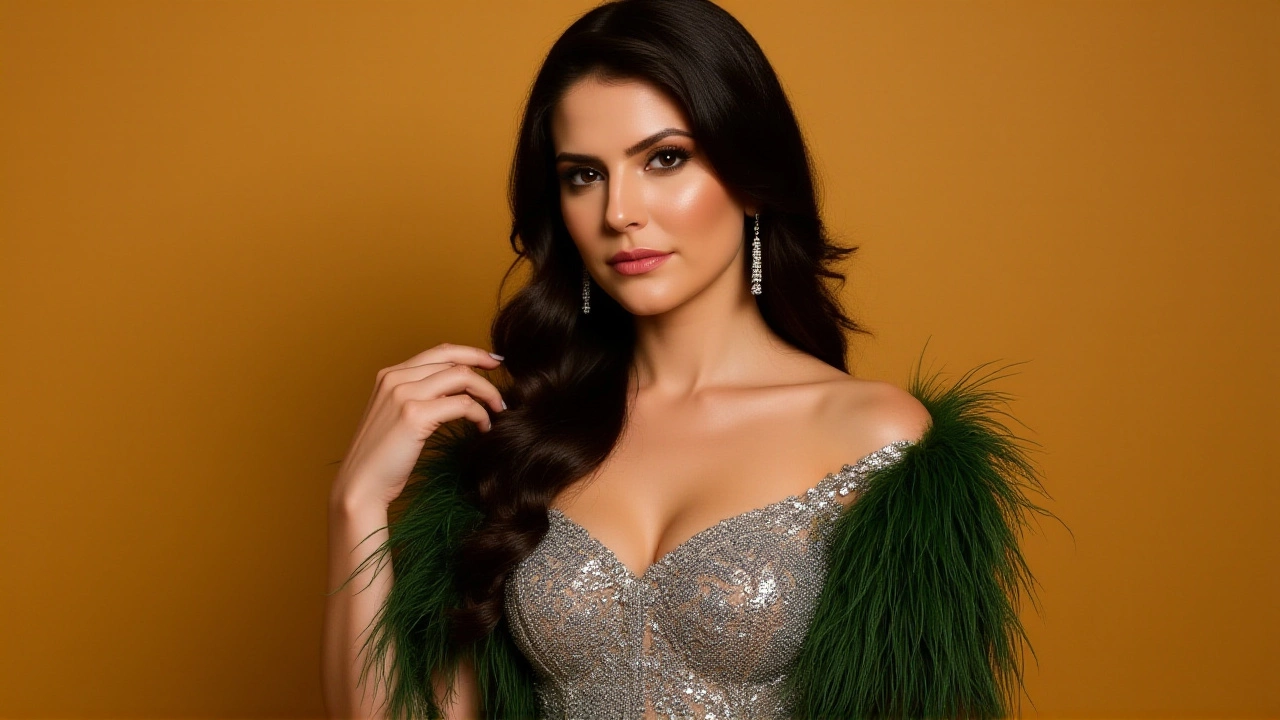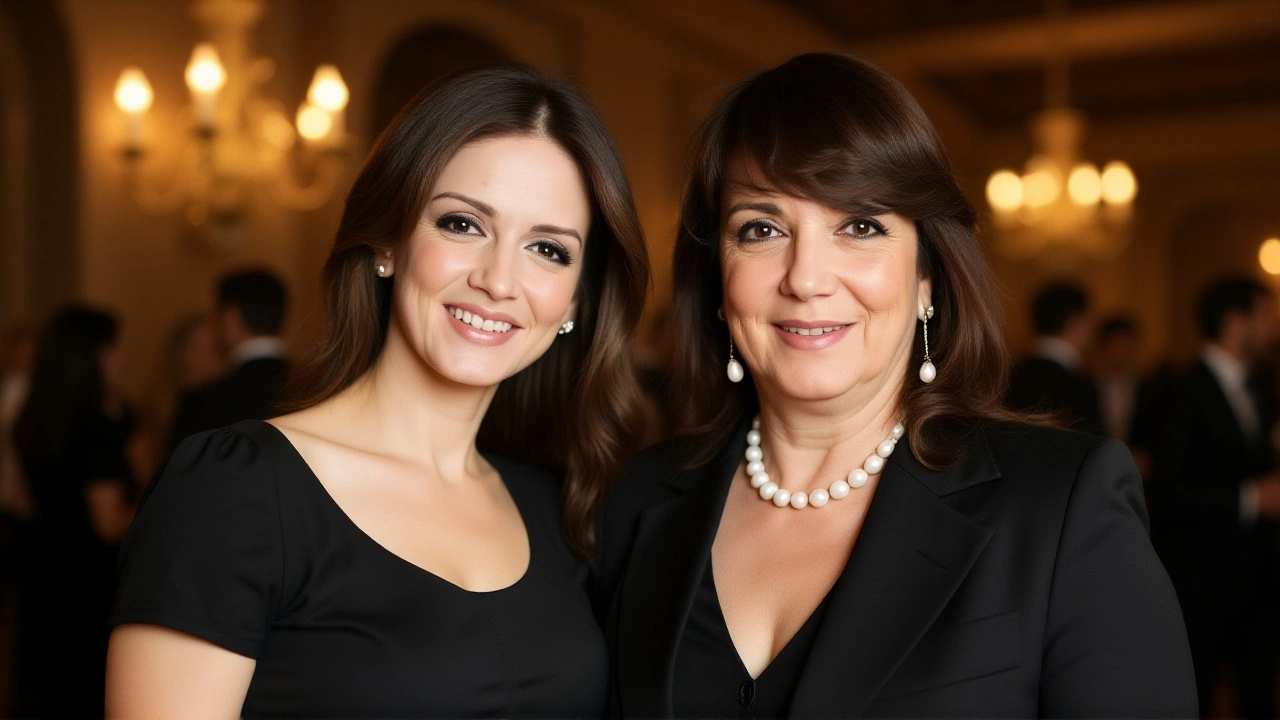
When a fan told Zareen Khan to get married because she was "getting old," she didn’t just brush it off—she turned the comment into a viral manifesto. On July 26, 2025, the 38-year-old Bollywood actress posted a sharp, unfiltered Instagram video responding to the ageist remark: "Shaadi kar lo, buddhi ho rahi ho"—Get married, you're getting old. Her reply? "Toh kya shaadi karne ke baad main fir se jawan ho jaungi?"—So will I become young again after marriage?" The clip, shared widely by ABP Live, Navbharattimes, and India TV, struck a nerve across India. And it wasn’t just about age. It was about the dangerous myth that marriage fixes everything.
Marriage as a Quick Fix? Khan Calls It Out
Zareen Khan didn’t stop at sarcasm. She went straight for the cultural wound. "If someone can’t take care of themselves," she said, "adding another person during bad times won’t solve anything. It can ruin two lives instead of one." Her words echoed a quiet but growing frustration among Indian women who’ve watched friends, sisters, and cousins pushed into marriages that collapsed within months. "Nowadays, marriages don’t last more than two or three months," she noted—citing not just anecdotal evidence, but a visible trend in urban and semi-urban households where rushed unions, often driven by social shame, crumble under the weight of incompatibility.
She didn’t just call out trolls. She called out families. "If a girl becomes too independent or stubborn," Khan explained, "family members get worried and say, 'She’s slipping out of our hands'—and then the solution? Get her married." The logic is chillingly familiar: independence is treated like a disease, and marriage is the cure. But as Khan pointed out, that cure often kills more than it heals.
From Makeup Artist to Movie Star—And Back Again
Zareen Khan’s journey hasn’t been easy. She debuted in 2010 in Salman Khan’s period epic Veer, a film that promised stardom but delivered little beyond initial attention. Her career stalled as critics and audiences kept comparing her to Katrina Kaif—a comparison she never asked for and couldn’t escape. Before acting, she worked as a makeup artist, a job she still respects. But in Bollywood, where image often trumps talent, her background became a liability, not a strength.
Her personal life hasn’t been spared either. She’s spoken openly about heartbreak, about relationships that ended not because of lack of love, but because of pressure to conform. And yet, she’s remained defiant. While many actresses retreat from social media under trolling, Khan engages—directly, wittily, unapologetically. Her replies to critics are now legendary: sharp, concise, and laced with the kind of truth that makes people uncomfortable.

Why This Matters Beyond Bollywood
This isn’t just about one actress’s Instagram post. It’s about a society that still measures a woman’s worth by her marital status. In rural India, women over 28 are called "spinster"; in cities, they’re told they’re "running out of time." The pressure peaks around 30, then again at 35. Zareen Khan, at 38, isn’t just challenging a comment—she’s challenging a system.
Recent data from the National Family Health Survey (2023) shows that nearly 27% of urban marriages in India end within the first two years, with 14% dissolving before six months. While divorce rates remain low compared to Western nations, the rise in annulments and de facto separations—especially among educated, urban women—is unmistakable. Khan’s observation about 2-3 month marriages? It’s not hyperbole. It’s a symptom.
Her video went viral not because she’s famous, but because she’s right. Marriage isn’t a rescue mission. It’s a partnership. And forcing it because someone’s "getting old" is like patching a leaking roof with duct tape and calling it a renovation.

What’s Next? A Cultural Shift in the Making
Since the video dropped, hashtags like #NotMySolution and #MarriageIsNotAMagicWand have trended across Twitter and Instagram. Young women are sharing their own stories: of being pressured to marry abusive partners, of being told their careers would "wait" until after marriage, of being labeled "difficult" for wanting to travel, delay children, or simply be alone.
Meanwhile, Khan hasn’t slowed down. She’s filming a web series focused on women in their late 30s navigating love, career, and self-worth. No fairy tales. No last-minute weddings. Just real life.
And maybe that’s the quiet revolution: not demanding change from the system, but refusing to play by its rules anymore.
Frequently Asked Questions
Why did Zareen Khan’s response go viral?
Her reply struck a chord because it exposed the hypocrisy of Indian society’s obsession with marriage as a cure-all for women’s "problems." She didn’t beg for sympathy—she mocked the logic with razor-sharp wit. The fact that she’s a 38-year-old actress who’s faced professional setbacks and personal heartbreak made her words feel authentic, not performative.
Is it true that most Indian marriages now last only 2-3 months?
While exact statistics on 2-3 month marriages aren’t tracked nationally, data from family courts and NGOs indicate a sharp rise in early separations, especially among urban, educated couples. Many unions are arranged under social pressure, not compatibility, leading to quick breakdowns. Khan’s comment reflects a growing trend, not an absolute rule—but it’s one that’s becoming impossible to ignore.
How does this relate to India’s marriage age norms?
Despite legal adulthood at 18, societal pressure for women to marry by 25–28 remains intense. Women who delay marriage are often labeled "leftover" or "difficult." Khan’s defiance challenges this timeline, asserting that a woman’s value isn’t tied to her marital status or biological clock. Her stance aligns with a new generation of women who prioritize autonomy over social approval.
Has Zareen Khan faced backlash for her comments?
Yes—but mostly from older generations and conservative commenters. Younger audiences, especially women, have overwhelmingly supported her. Some traditional media outlets criticized her for "promoting singlehood," but she’s unbothered. Her social media following has grown by over 300,000 since the video, proving that authenticity resonates louder than conformity.
What’s the connection between Zareen Khan and Katrina Kaif?
When Khan debuted in 2010, media and audiences constantly compared her to Katrina Kaif, who was then at her peak. The comparisons weren’t just about looks—they were about perceived marketability. Khan struggled to escape that shadow, which hurt her career momentum. She’s since moved past it, but the incident highlights how Bollywood often reduces women to interchangeable commodities rather than individual artists.
Is Zareen Khan planning to get married?
She hasn’t said. But her message is clear: she’ll marry when—and only when—it’s right for her, not because society demands it. She’s focused on her work, her independence, and her peace. And that, in itself, is a radical act in today’s India.
 Entertainment and Film Industry
Entertainment and Film Industry